Building Bridges Between Slovenia and China

China – Speed, Growth, and The Ability to Scale
Matevž Frangež
State secretary for internationalization, entrepreneurship, development resources and tourism, Slovenian Ministry of the Economy, Tourism and Sport
Matevž Frangež
State secretary for internationalization, entrepreneurship, development resources and tourism, Slovenian Ministry of the Economy, Tourism and Sport
Matevž Frangež, born 30 March 1978 in Maribor, holds a university degree in law. Active in youth and student organising from a young age, he was a member of the City Council of the Municipality of Maribor from 2002 to 2010. He was elected a deputy of the National Assembly of the Republic of Slovenia for the 2008–2011 and 2011–2014 terms and then worked for a short period as a State Secretary in the Prime Minister’s Office. In 2015, Frangež set out as an entrepreneur. He then took over the strategic communication in the Social Democratic Party in 2019 and was an assistant of the party’s deputy group in the National Assembly.
The Government of the Republic of Slovenia appointed him State Secretary at the Ministry of Economic Development and Technology on 1 June 2022. On 24 January 2023 The Government of the Republic of Slovenia appointed him State Secretary at the Ministry of the Economy, Tourism and Sport.
Frangež and his wife Marina have three children.
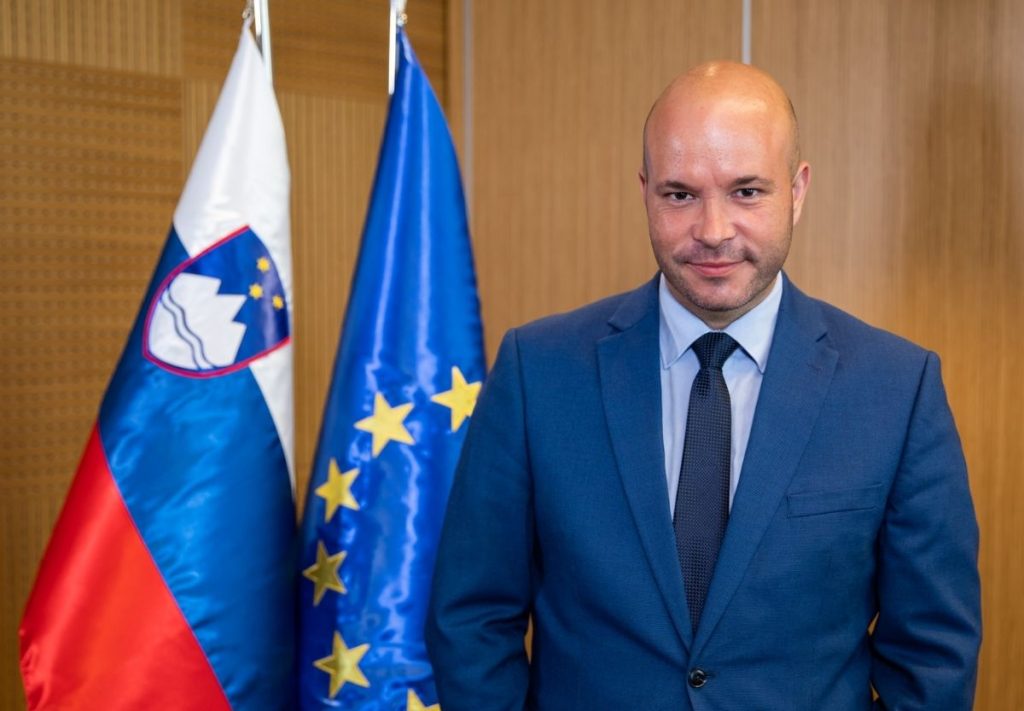
Click here to listen to the text
What is Slovenia’s current key economic and development advantage in the global market?
“We are witnessing the most significant change in the global economy, the biggest one in human history. This is the “perfect storm” that will define the new winners and new losers and those in between. I believe that Slovenia has so many strengths. It has knowledge, innovation, and design. Our location is of geostrategic importance. We are very open-minded, and we have an internationalized society that is engineering-focused, innovation-focused, so I believe that we can be the winners in this storm.”
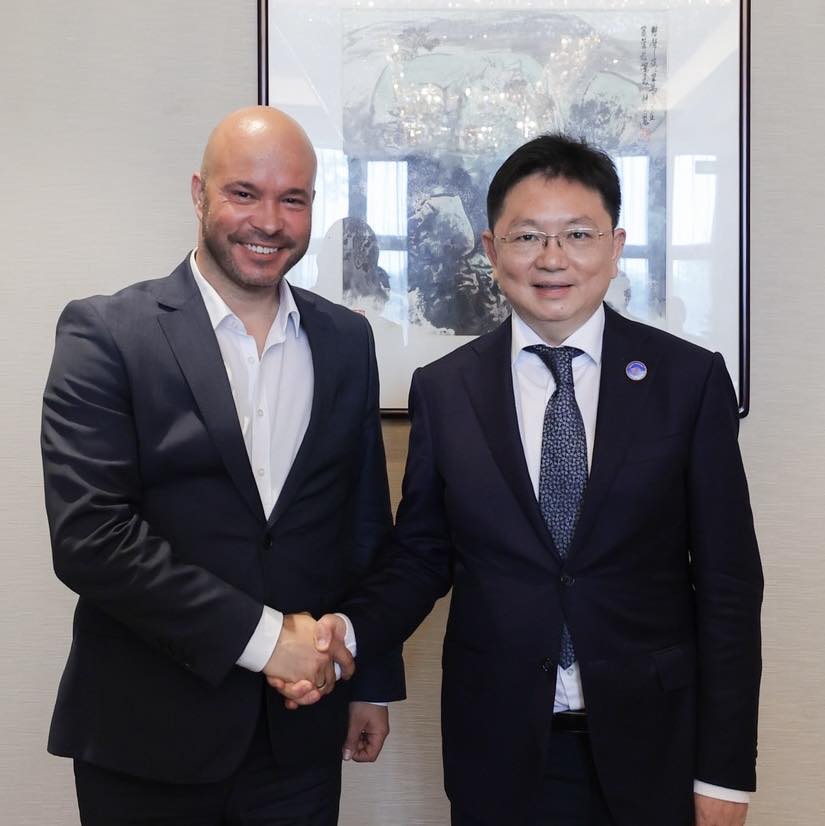
After visiting China in connection with the 4th China-CEE countries trade Expo in Spring this year, how do you reflect on the achievements?
“The mission of our visit in May was to develop the relations, because relations create partnerships. And we tried to present Slovenia as the best possible entrance for Chinese exporters to Europe with direct access to the 450,000,000 people in the EU market with 30,000,000 European businesses, but also in the other way, to strengthen exports from Europe to China. Slovenia records a high trade imbalance with China of approximately 6,000,000,000. We see the massive potential of our small and medium enterprises entering the Chinese market through coordinated mechanisms, either with its CEE, so the expo, or, on the other hand, special partnerships and collaborations, like, possibly with Alibaba as the biggest store chain, via the Internet in China.”
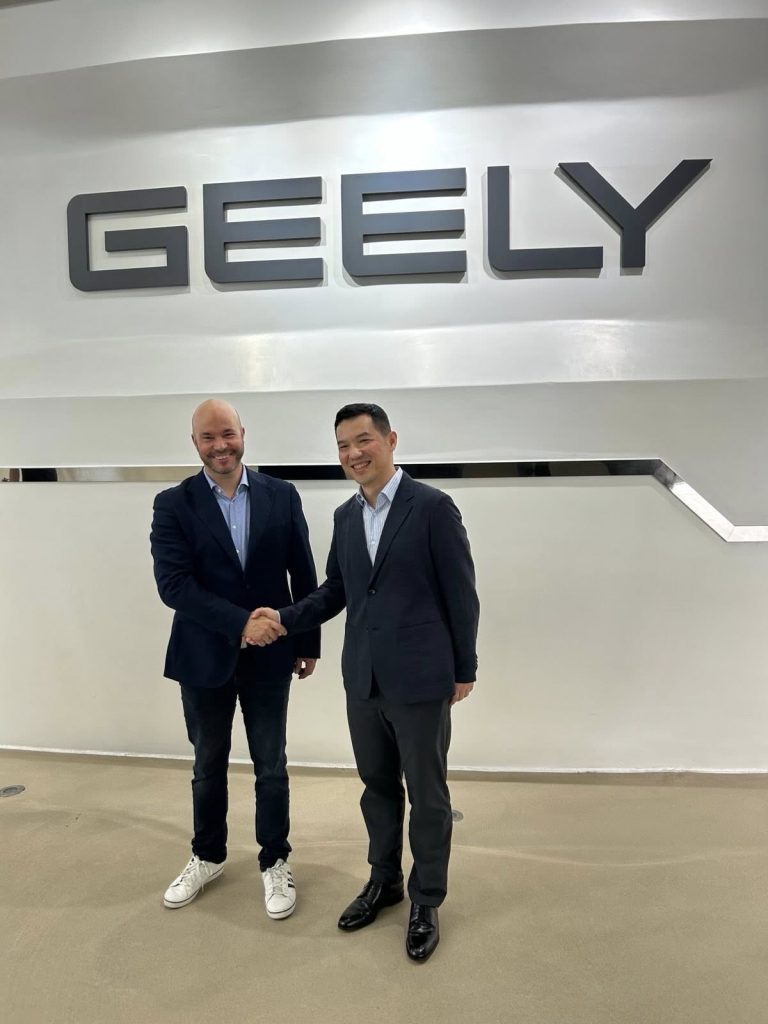
What is your view on tech and AI after visiting China?
“Everything in China is digitalized. The three things I was fascinated by there were speed, growth, and the ability to scale. When it comes to AI, I’m the kind of person who would like to see more opportunities and fewer risks and threats. However, it’s clear that AI is a strong driver and could be a great booster of better innovation, productivity, systems, and communities. There is no doubt that we must seize the opportunity and the technological advancements it provides. “
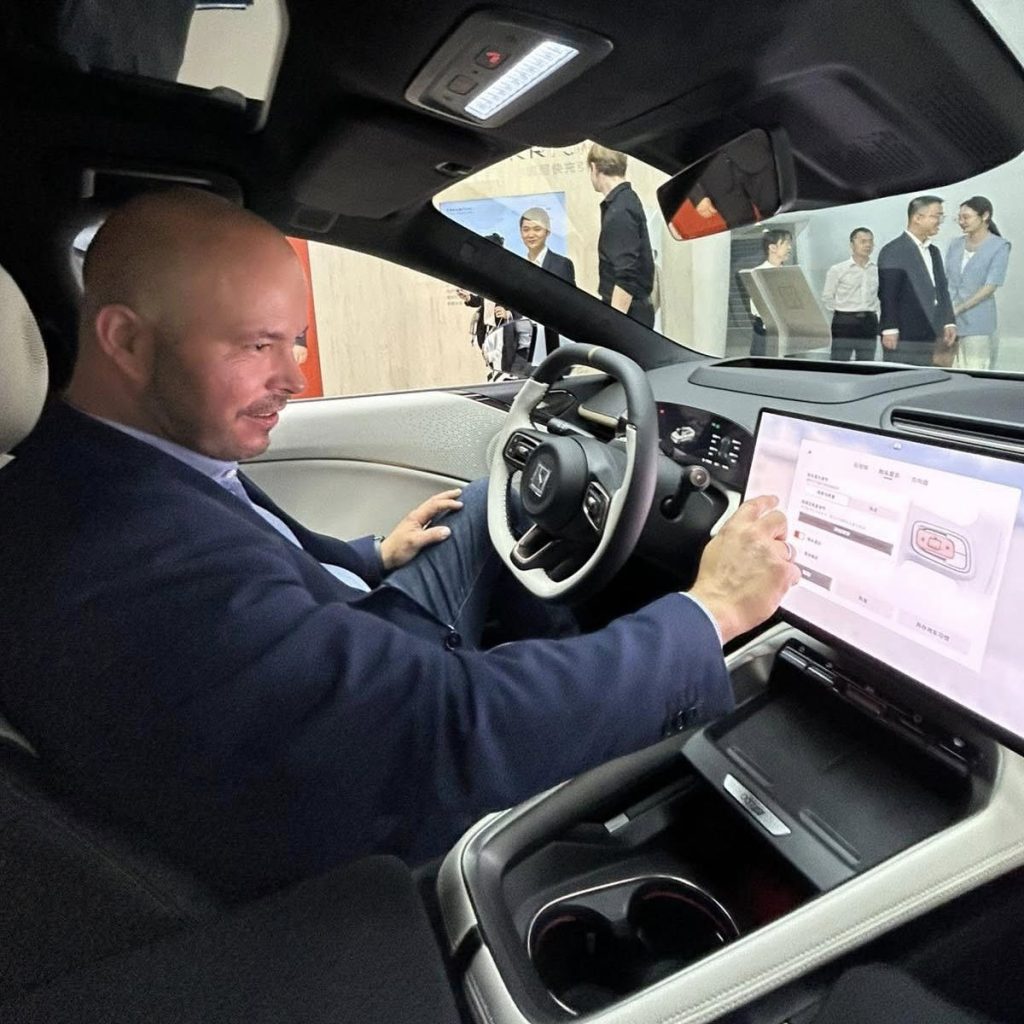
After the visit to China in May this year, Matevž Frangež wrote the following impressions on his Facebook profile
“Slovenia was a guest of honour at the China–CEEC Expo in Ningbo. We also put together, in cooperation with the SPIRIT, the Chamber of Commerce and Industry of Slovenia, and the Consulate of the Republic of Slovenia in Shanghai—under the leadership of the highly connected consul, a Maribor native, Mira Lesjak—an ambitious all-day program from morning to night.
At the business forum, we presented in detail the potential of Slovenian automotive suppliers and arranged with Chinese manufacturers how specific companies could begin networking and building partnerships. On the same day, we visited the Chinese International Data Port in the Lin-Gang Special Area on the outskirts of Shanghai, and saw the development of the entire region. To simplify: from a speech by a Chinese leader presenting a vision for Lin-Gang, to a built and functioning high-tech city in six years.
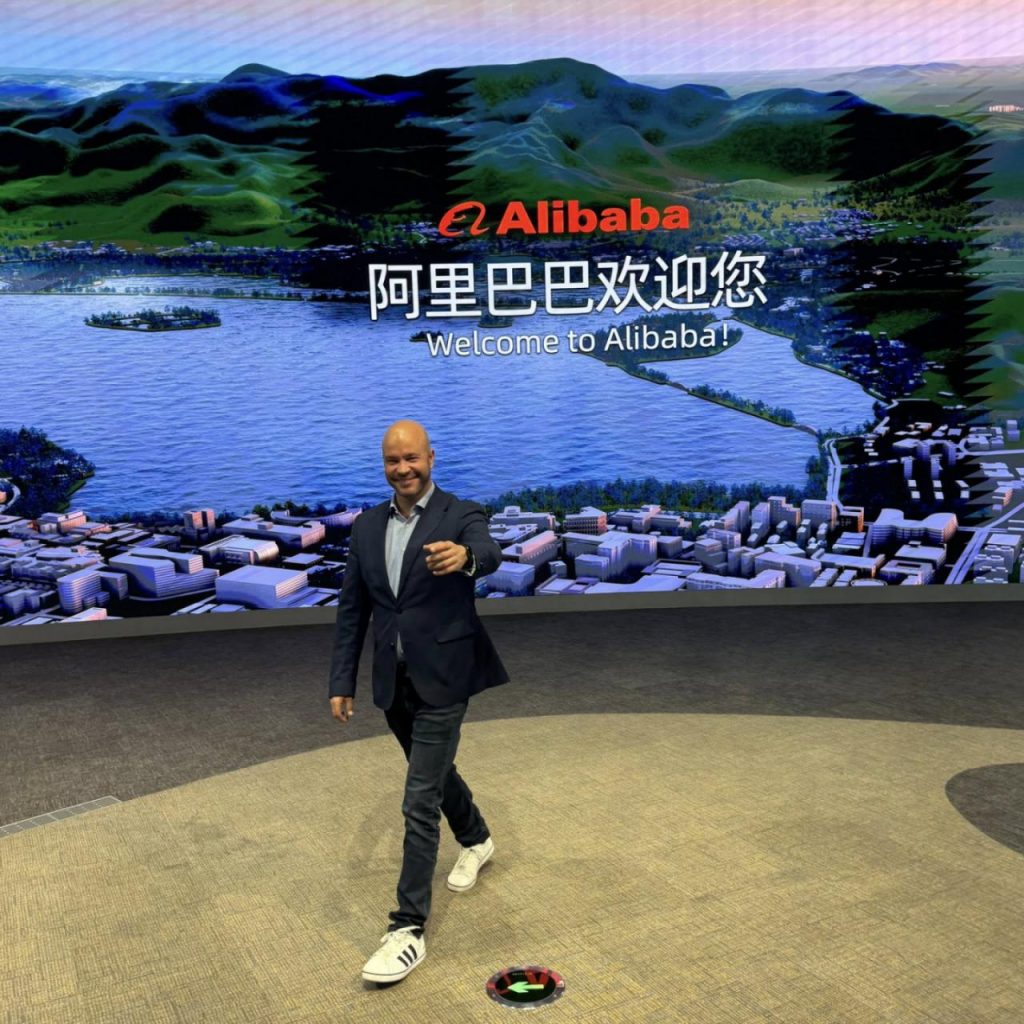
On Wednesday, we moved to Ningbo. We visited the world’s largest port, for which the Port of Koper is one of the important European destinations. I presented to the port’s leadership some of the high-tech logistics solutions being developed by Slovenian companies. In the afternoon, we held a business forum at the opening of the China–CEEC Expo.
I presented Slovenia as the entry point to a 500 million-strong European market and as the best springboard for exporting European goods to China. As in all other meetings, we promoted Slovenia as a new European hub for innovation in advanced and sustainable technologies.
The following day, we held a working meeting with the Chinese Vice Minister of Commerce, Mr. Ling Ji. I highlighted three points: Slovenia’s ambition to become a new European innovation centre for advanced and sustainable technologies amid major economic transitions, the need for a coordinated approach to balance the significant trade deficit by increasing Slovenian exports to China, and efforts to localize the production of electric vehicles by Chinese manufacturers in Slovenia. We agreed that the only way forward is through a rules-based and fair international trade order.
In the evening, we moved to our third city, 17-million-strong Hangzhou, and on Friday, we visited tech giant Alibaba, where we discussed three concrete areas for potential cooperation.
We also met with the Vice President of Geely Group and their Director of Strategic Development—again, a next step was agreed.
Overall impression: scale, speed, efficiency. The intensity of technological advancement is astonishing. The ability to scale, to grow, and multiply rapidly. A clear focus on digital, on data and AI, on strategic and coordinated development.
There are more than a billion of them. It’s true that we have a different system, which only makes it more urgent that we unite around key goals and how we will achieve them, we as a two-million-strong Slovenia, and we as a 500-million-strong Europe.”
Click here to watch the CGTN’s interview with Matevž Frangež by the reporter Bi Ran.
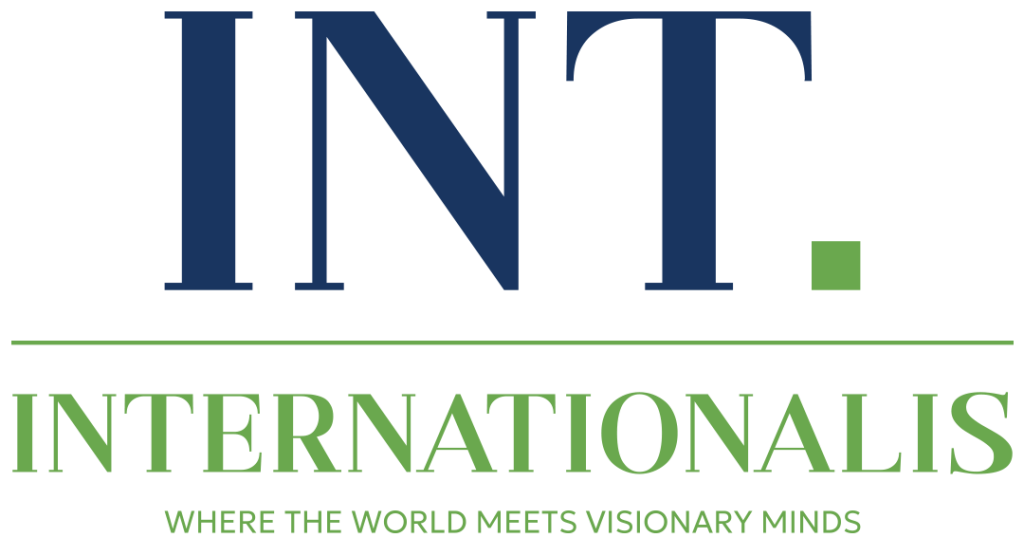
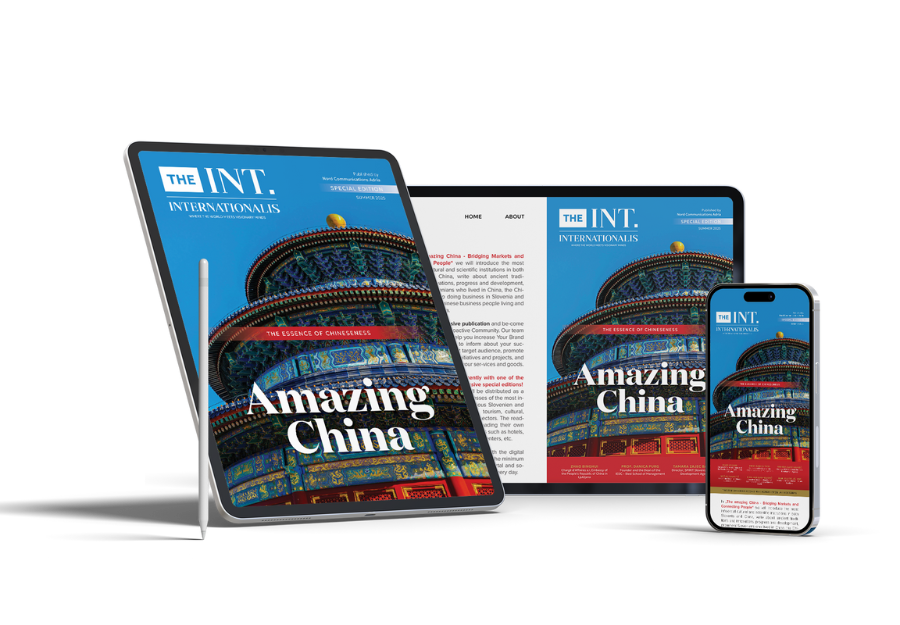
Get news before anyone else!
This audio recording was generated using AI technology. While every effort has been made to ensure clarity and accuracy, please note that the pronunciation of non-English words—particularly Chinese—may not always be correct. We appreciate your understanding and acknowledge that any mispronunciations are unintentional. Internationalis Media is not responsible for potential inaccuracies in AI-generated speech.